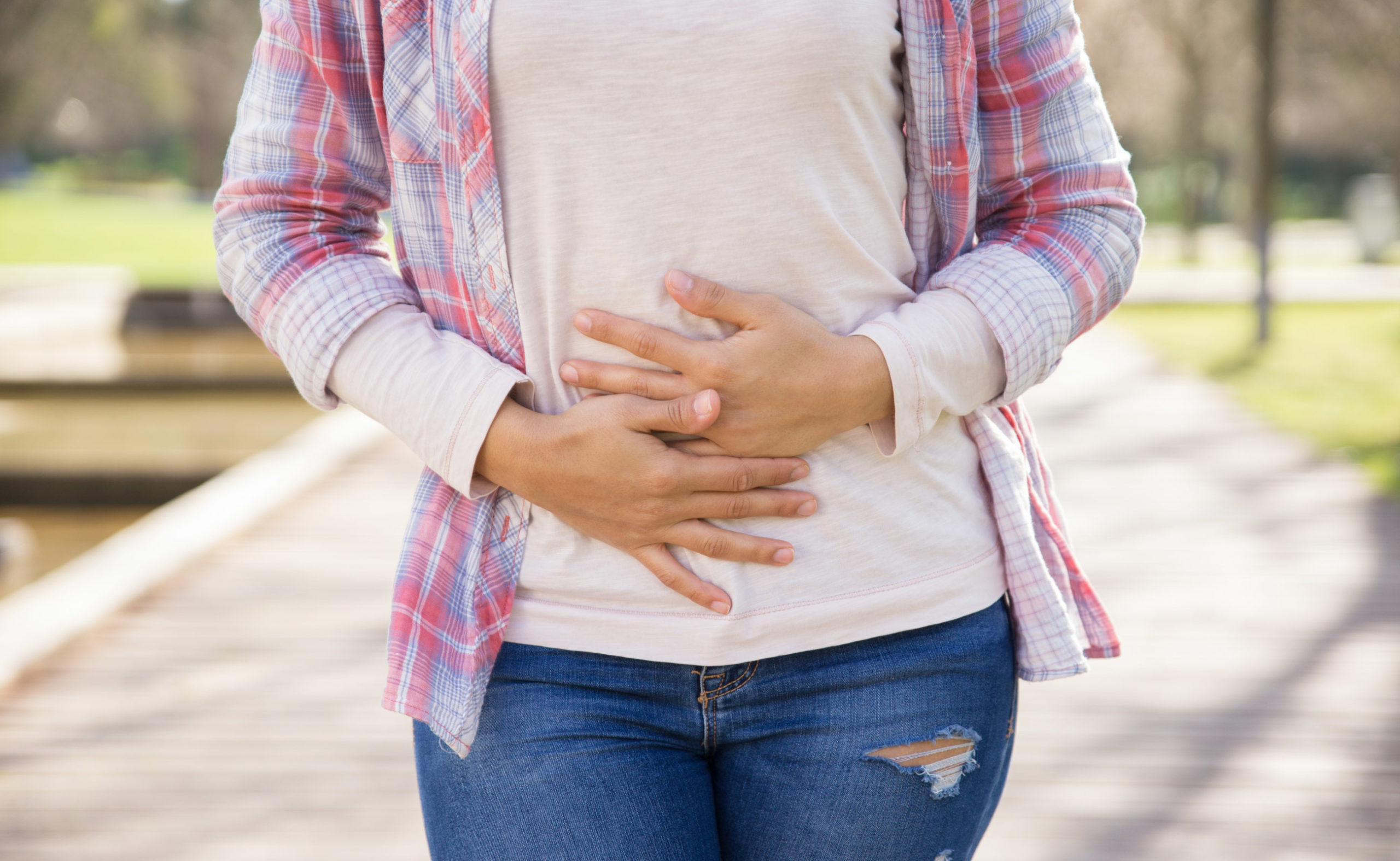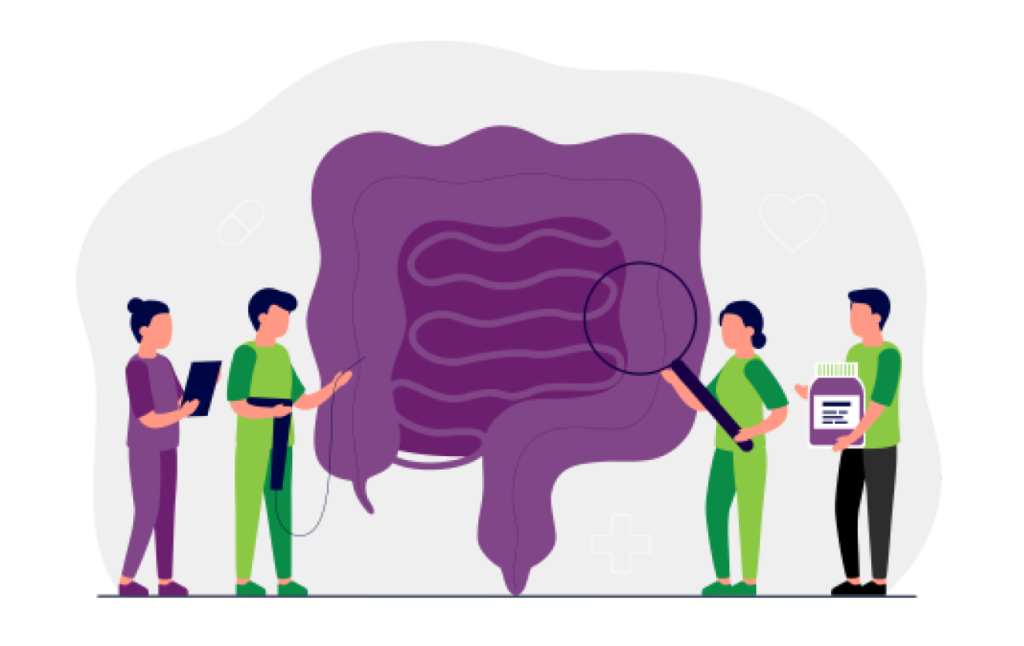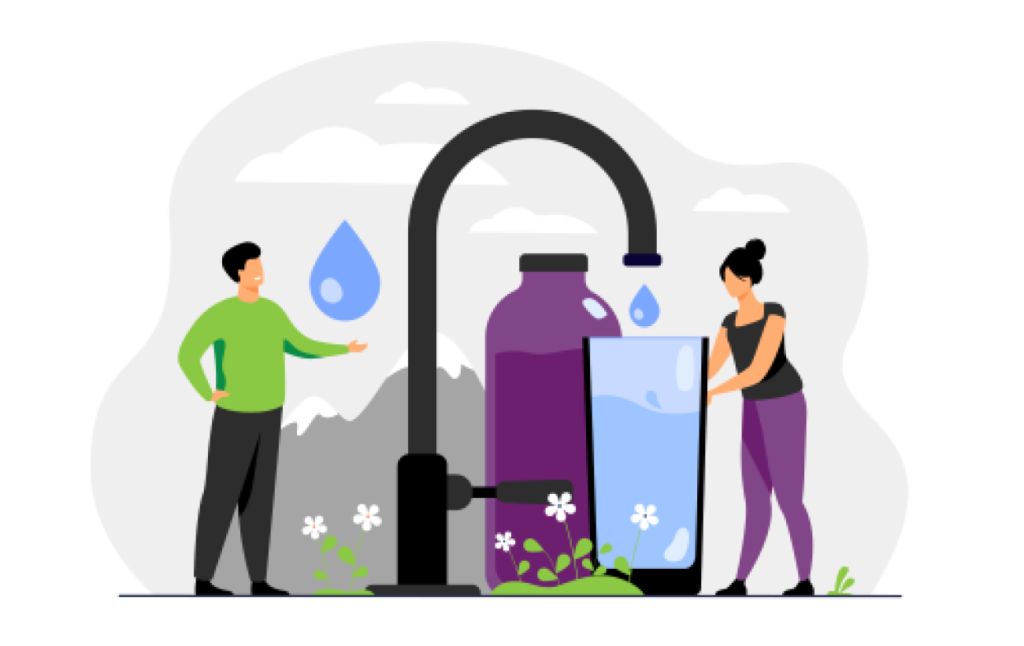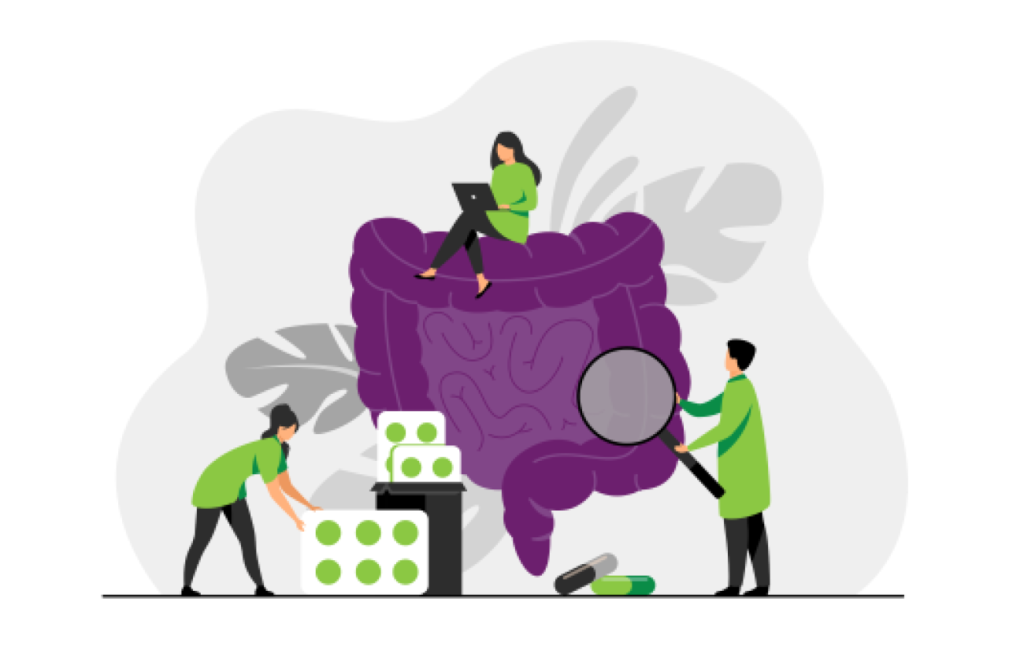Top 10 colonoscopy misconceptions

March is Colorectal Cancer Awareness Month, which makes it the ideal time to discuss the importance of getting screened.
As a practicing gastroenterologist, I have had countless discussions with my patients about their misgivings and misconceptions regarding colonoscopy screening.
To many, the idea of a colonoscopy is embarrassing and unpleasant, but the reality is often much easier than one thinks.
These are the top 10 most frequent misconceptions we hear from patients when it’s time to schedule their colonoscopy.

1. My colonoscopy can wait until after the COVID-19 crisis.
Not true. It’s important to keep up with your preventive cancer screenings. Putting off your colonoscopy gives cancer a chance to grow undetected.
As with all cancers, colorectal cancer is best caught in its early stages when treatments are most effective, and outcomes are the best.
2. I’m too young to need a colonoscopy.
45 is the new 50 for colorectal cancer screening.
Researchers have found colorectal cancer to be on the rise in people younger than 50. In response, the US Preventive Services Task Force has lowered the recommended age for screening from 50 to 45 years old.
In fact, your health care provider may recommend you get screened early than age 45 if you have a family history of colon cancer or another condition like inflammatory bowel disease (IBD).
3. A colonoscopy is embarrassing.
Our staff is committed to ensuring your comfort and privacy. During the procedure you are well covered and all eyes are focused on the high-definition screen diligently searching for polyps!
4. Colonoscopies hurt.
A colonoscopy should not hurt at all. Conscious sedation is used to help you relax and make you comfortable.
The screening procedure lasts about 15-20 minutes. And even though you’re semi-conscious, most patients don’t remember the short procedure at all.

5. Prepping for a colonoscopy is terrible!
Bowel preparation has improved tremendously. You no longer need to drink a gallon of terrible-tasting liquid to flush your gastrointestinal (GI) tract.
Today, several types of bowel prep medications are available. Your gastroenterologist will prescribe the type of bowel prep that is best for you. A split-dose approach consisting of two, 32-oz. drinks to which you can add flavor is commonly prescribed.
6. I can’t eat anything the day before my colonoscopy.
While it’s true that your doctor will ask you to restrict your diet, you can have clear broth, tea, gelatin desserts, ginger ale, sherbet, and clear fruit juices, like apple juice.
It is important to avoid dehydration during the bowel prep, so you’ll need to drink more fluids than you usually do.
7. My colon could be perforated during a colonoscopy.
Colonoscopies are extremely safe when performed by experienced specialists.
The risk for a perforated bowel is very low. Fewer than 1 in 1,000 people experience a tear or significant bleeding because of the procedure. By contrast, nearly 1 in 20 people will develop colorectal cancer if left unscreened.
8. I don’t have symptoms of colorectal cancer, so I don’t need to be screened.
Don’t give colorectal cancer a chance to develop or grow undetected.
In its early stages, colon cancer does not cause many symptoms, but can be detected by a colonoscopy.
9. I’m not at risk of colorectal cancer.
Colorectal cancer is the second most common cause of cancer-related deaths in men and women in the United States, and African Americans have a 20% higher risk of colon cancer than Caucasians.
If you have a colon, you’re at risk.

10. An at-home screening test is just as good at detecting colorectal cancer.
Colonoscopy is considered the gold standard of colorectal cancer screening methods. It provides the ability to view the entire colon, as well as detect and remove polyps during the same procedure.
Non-invasive testing has a high rate of false-positive results and cannot reliably detect precancerous polyps.
Now that we’ve dispelled some of the most common misconceptions, I hope you feel more comfortable talking with your health care provider about scheduling your colonoscopy.
Join us in the fight to rid the world of colon cancer…one polyp at a time!
 The Daily Dose
The Daily Dose
todd
I am a patient at Albany GI, and I am not sure to what prep you are referring to. To my knowledge, there is not ANY Prep that consists of 2 16 oz doses of solution that can be flavored. I know of a pre flavored prep like that, and a pill version of the same prep. Albany GI still prefers to use the 64oz of Gatorade prep. which is AWFUL and not FDA Approved.
Dr. Gianotti
You’re correct, we do prescribe a split-dose, 64 ounce prep (two, 32 oz. doses). It’s important to discuss any concerns with your provider or our clinical staff. A nurse from our office will reach out to you. — Dr. Gianotti
Sharlene Cornacchia
I had a routine colonoscopy a short time ago and cancer was detected in my anal region. I had surgery and just completed a round of radiation and chemo. As it was caught early, I have been assured that I will be cured. This routine test saved my life…I’ll endure the prep anytime.
Dr. Gianotti
Thank you for sharing your experience. I am so glad to hear that you had that routine colonoscopy. Early detection is key! I wish you all the best for a speedy and complete recovery. — Dr. Gianotti